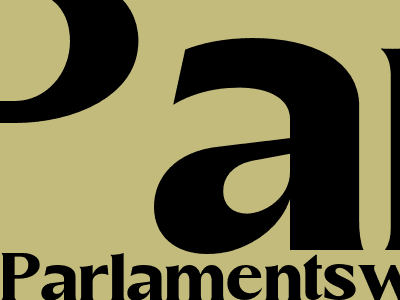
Georgian Parliamentary Elections: A Nation at a Crossroads
An In-depth Analysis of Georgia's Upcoming Elections
Georgia, a nation nestled in the Caucasus region, is poised for monumental parliamentary elections on October 31st, 2020. This pivotal event will shape the country's political landscape for years to come, compelling voters to make a profound choice about their future.
Over the past several months, Georgia has witnessed a surge in political fervor, with rallies, debates, and intense media coverage dominating the national discourse. The stakes are high, as the outcome of these elections will determine the direction of the country's domestic and foreign policies.
A Contested Political Landscape
Georgia's political landscape is a complex tapestry of diverse parties and coalitions. The ruling Georgian Dream party, led by Prime Minister Giorgi Gakharia, faces a formidable challenge from a united opposition bloc. This bloc comprises a broad range of political parties, including the United National Movement, the European Georgia party, and the Strategy Aghmashenebeli party.
The opposition has coalesced around a common goal of ousting the Georgian Dream party, criticizing its handling of the economy, its alleged corruption, and its perceived erosion of democratic norms.
The ruling party, in turn, has defended its record, pointing to its achievements in economic growth, infrastructure development, and social welfare programs. It has also accused the opposition of engaging in fear-mongering and spreading misinformation.
Key Issues Shaping the Debate
Several key issues have emerged as central themes in the electoral campaign. These include:
- The economy: Georgia's economic growth has slowed in recent years, and unemployment remains a significant challenge. Both the ruling party and the opposition have pledged to address these issues, but their proposed solutions differ.
- Corruption: Corruption is perceived as a major problem in Georgia, and both the ruling party and the opposition have pledged to combat it. However, they differ in their approaches to tackling this issue.
- Foreign policy: Georgia's foreign policy orientation is a key issue in the elections. The ruling party has sought to maintain close ties with Russia, while the opposition has advocated for a more pro-Western stance.
The Role of International Observers
The upcoming elections in Georgia will be closely monitored by international observers. The Organization for Security and Cooperation in Europe (OSCE) has already deployed a team of observers to assess the conduct of the elections. The OSCE will issue a report on its findings after the elections.
The presence of international observers is important to ensure that the elections are conducted in a fair and transparent manner. It also helps to build confidence in the electoral process and its outcome.
Conclusion
The parliamentary elections in Georgia on October 31st, 2020, are a pivotal moment for the nation. The outcome of these elections will shape Georgia's political landscape for years to come and determine the direction of the country's domestic and foreign policies.
The stakes are high, and the choice facing Georgian voters is a momentous one. The nation is at a crossroads, and the path it chooses will have profound implications for its future.